5 Ways to Celebrate PE & Sport Week in Your School … All Year Long!
SHAPE America
APRIL 18, 2023
SHAPE America’s National Physical Education & Sport Week (May 1-7) is a celebration of the importance of physical education and sport in the lives of kids of all ages. The week also serves as the kickoff to National Physical Fitness and Sports Month. Include foundational skills (e.g.,

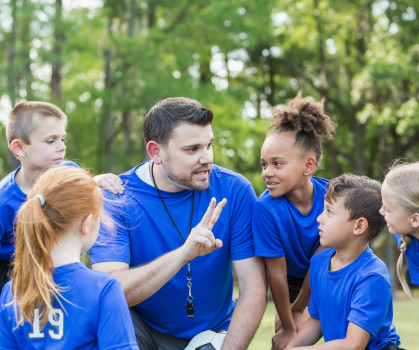

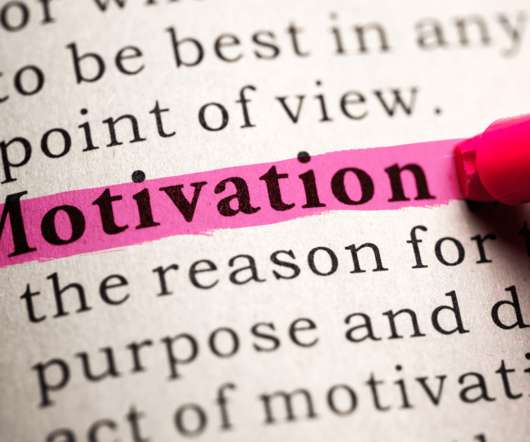
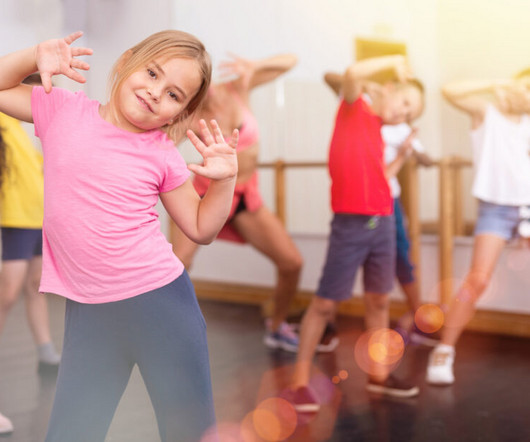
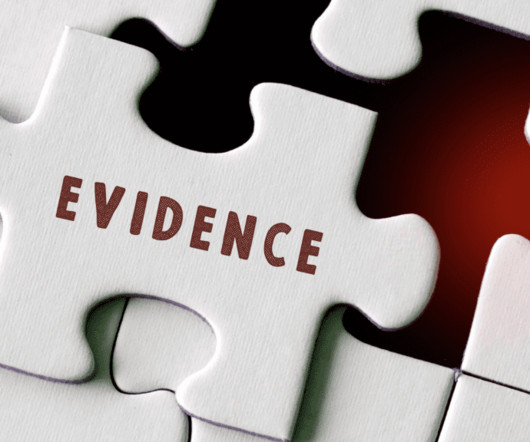
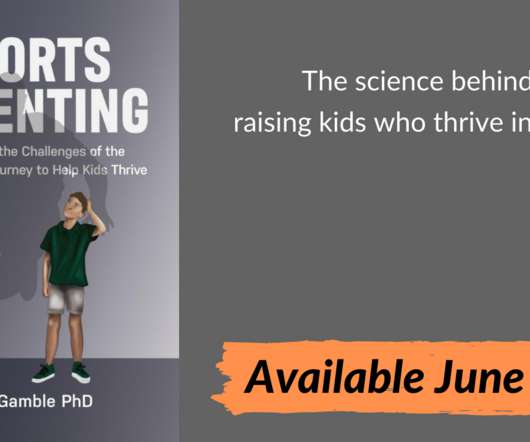






Let's personalize your content